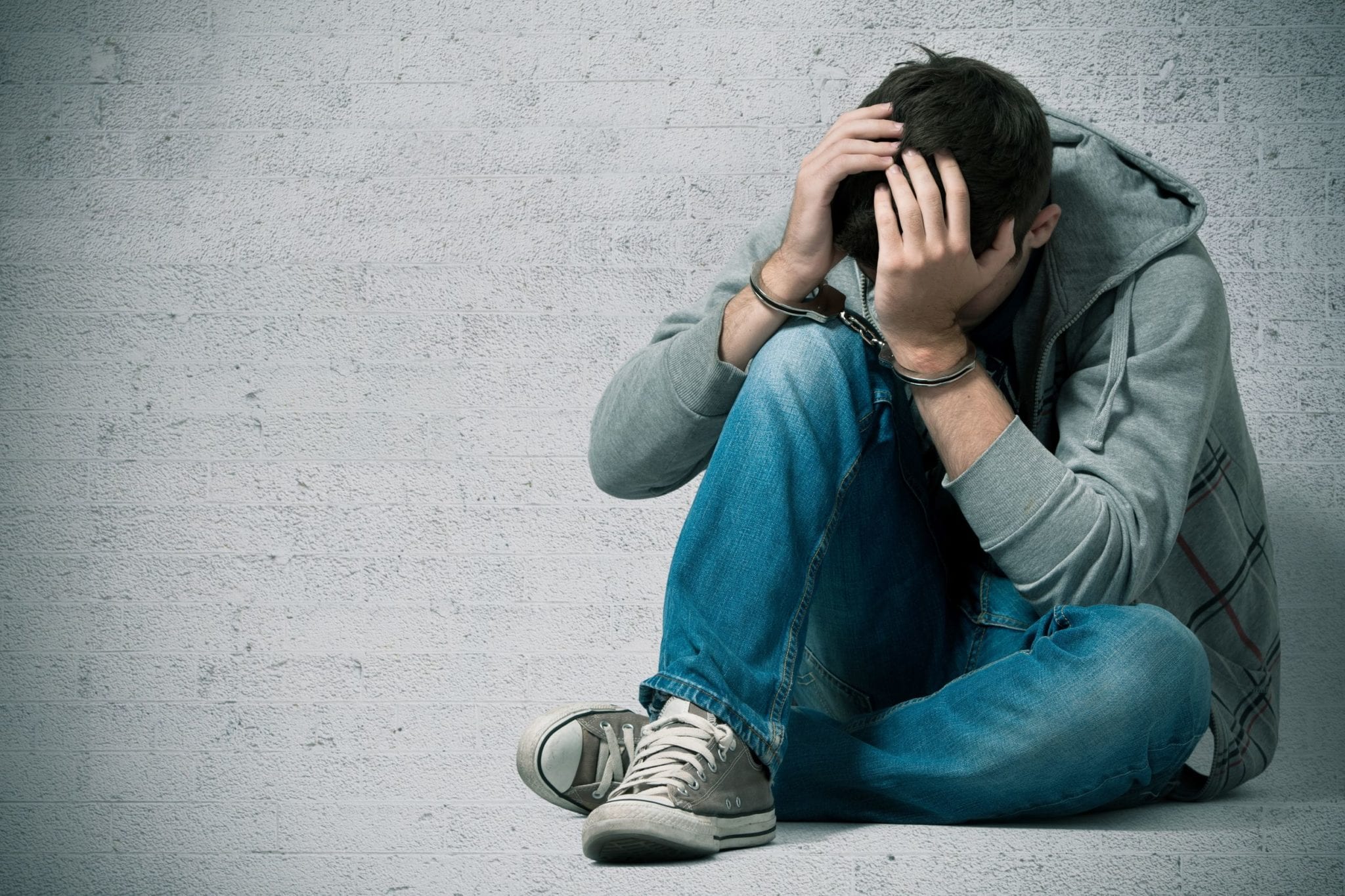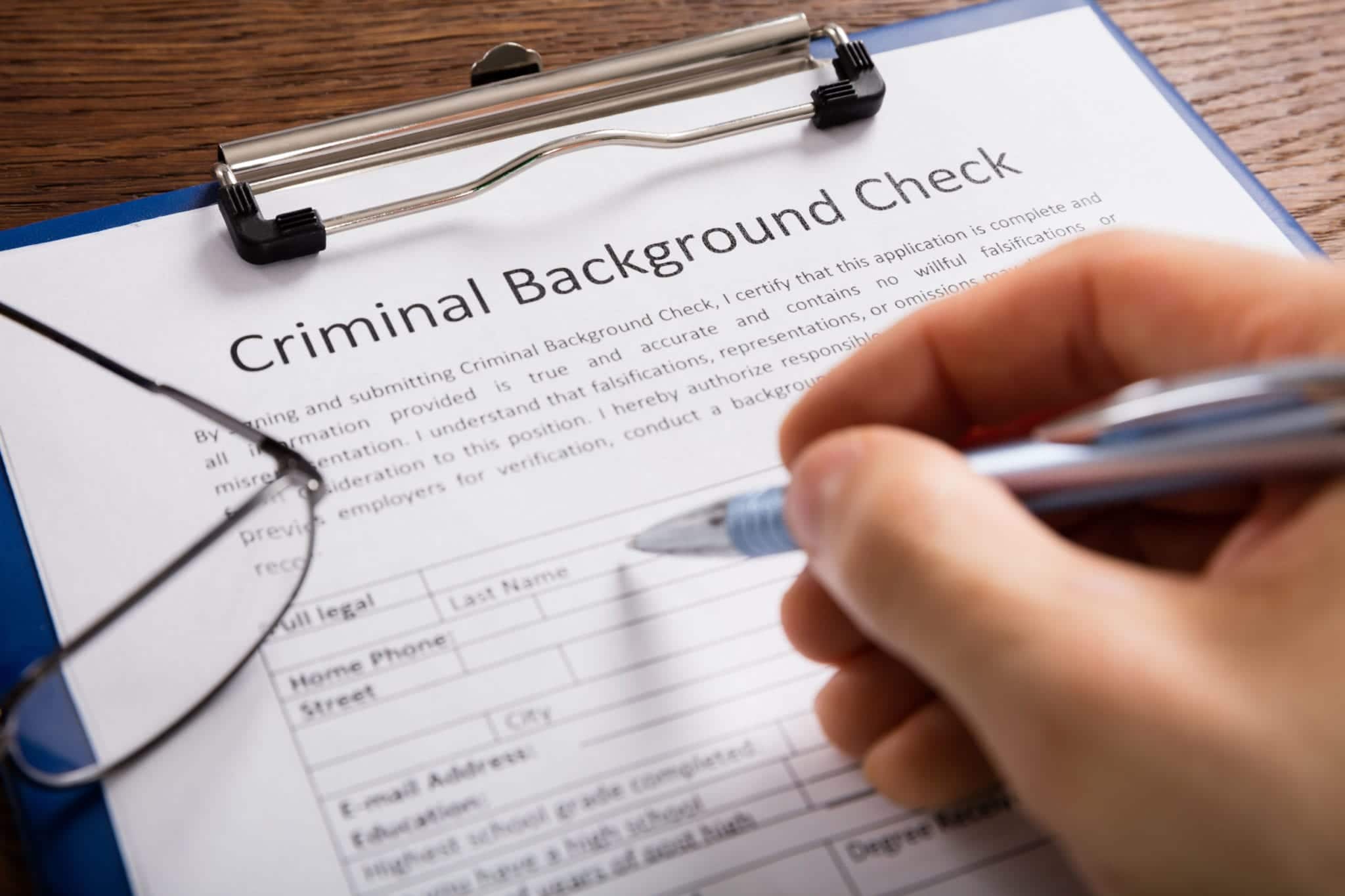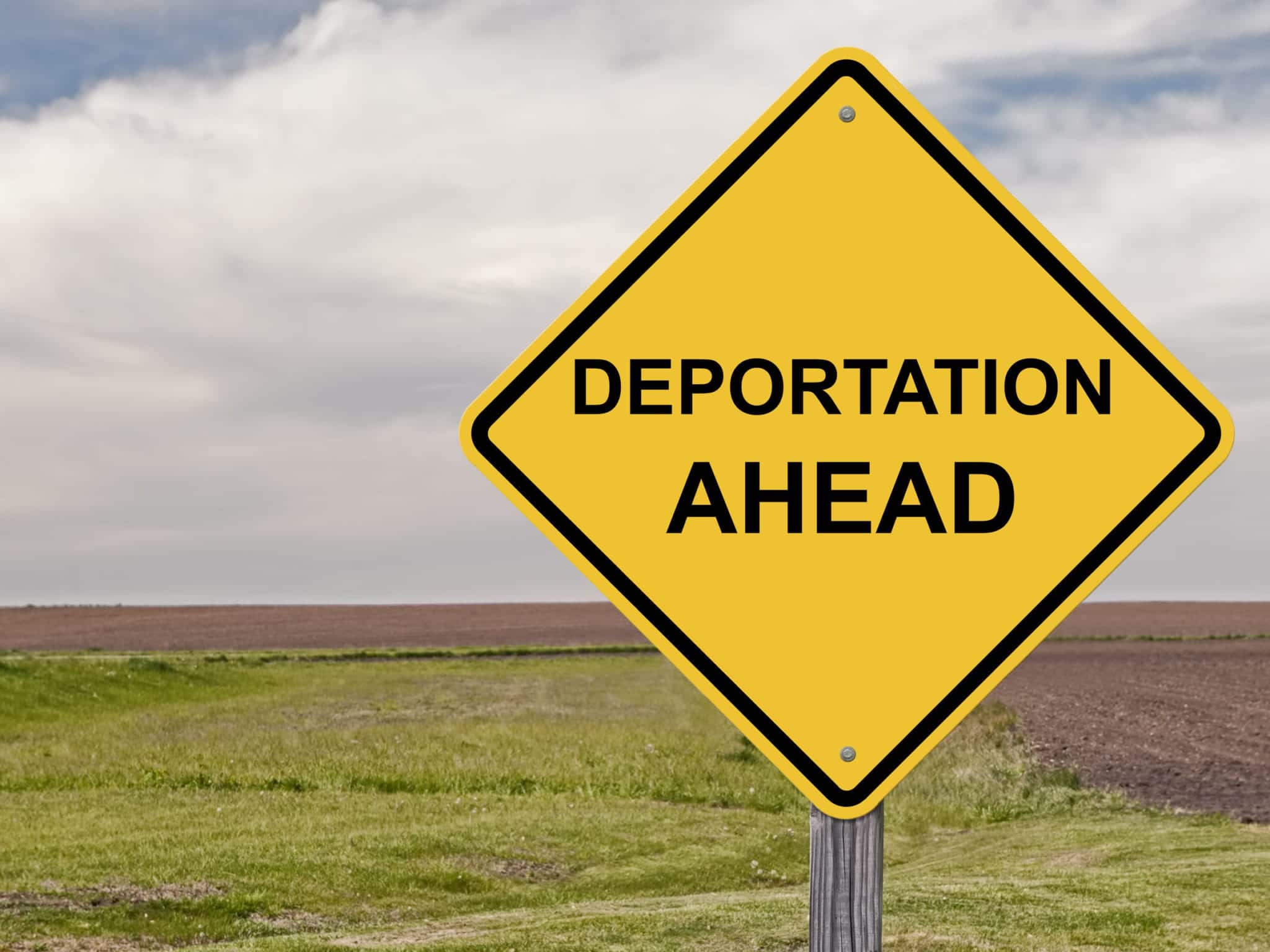
Science has proven that adolescence is one of the most difficult periods of our life cycle. It is the time when we most greatly develop our critical thinking skills and shift into a role of making decisions and solving problems in the way we will be expected to as adults and functional members of society.
Can you imagine what life would look like if we were all judged by the decisions we made during this critical period for the rest of our lives? What a terrifying thought.
Because we understand this, the primary objective of Minnesota juvenile courts is to protect adolescents between the ages of 14 and 18 from the consequences associated with unlawful conduct, help them develop a sense of responsibility for those behaviors, and promote public safety in the process.
That’s why, outside of certain cases where a juvenile meets the specific requirements to be tried as an adult, juvenile offenders typically have an opportunity to seal, or expunge, their criminal records. When and how an expungement occurs depends on the type of crime, total number of offenses, and how much time has passed.
However, in those situations where a juvenile’s record of delinquency remains unsealed, convictions are likely to follow the offender well into adulthood.
There are generally two types of consequences that a judge cannot control when handing down a conviction to any individual, juvenile or otherwise: collateral consequences and social consequences.
If you are a concerned parent in need of guidance on how to help your child successfully navigate our Juvenile Justice System, you may want to consider consulting a knowledgeable Minnesota juvenile crime attorney for advice. The decisions you help your child make today may mean the difference between him or her looking back on these early years as just a tough part of growing up or continuing down that path to a life of crime.
Here are just some of the things that can be negatively impacted by juvenile convictions.
Social Consequences of a Juvenile Conviction in Minnesota
Some of the most common negative social consequences we see occurring in cases where a juvenile’s record was not sealed are:
Military – Although you may be able to obtain a waiver if minor or non-violent crimes are on record, the modern trend is to prohibit enlistment altogether for offenders.
College – A record technically doesn’t disqualify an applicant, but it does make the application process more difficult. Factors such as length of record and types of crimes committed are considered, and colleges will typically expect you to show you’ve made positive changes in your life.

Job Search – Many employers ask applicants to self-report convictions, including juvenile cases, and it’s becoming increasingly common for companies to run professional background checks in conjunction.
Enhanced Penalties for Adult Crimes – In Minnesota judges are required to consider certain juvenile convictions during the sentencing phase of adult criminal prosecutions, and prior convictions equate to heavier sentences for adult crimes.
Collateral Consequences of a Juvenile Conviction in Minnesota
The social consequences following a juvenile conviction, as outlined above, are the ones we usually think about. They are the ones that are best-addressed by record sealing or expungement as soon as a juvenile offender is eligible.
What about the collateral consequences, though?
A collateral consequence is a statutory penalty added on to a conviction. It is not a direct consequence of conviction like a fine, jail time, or probation would be.
Here are some of the most impactful collateral consequence examples:
Saddled with Debt Before Adulthood – Are you aware that if the family of the young offender is unable to pay those steep fines and expensive rehabilitation program bills – sometimes reaching into tens of thousands of dollars – the charge stays on the adolescent record well into adulthood? Did you know those fines accrue interest, as well?
What this means is that, quite often, we are looking at an at-risk youth who has to enter into adulthood already saddled with the interest-bearing debts of hefty fines and steep costs for required rehabilitation programs. This is compounded by the fact that they will have further complications enrolling in higher education, finding a well-paying job, and securing decent housing because of their record. Oh, and did we mention that in man that in man cases these juveniles come from low income households to begin with?
Eviction from Public Housing – Authorities only need the police report from a juvenile’s delinquency in order to prove that an entire family has violated their public housing contract. That’s right. Under current law, the juvenile’s conviction can put the whole family at risk for becoming homeless.

Subjection to Deportation – If a juvenile is a non-citizen and has been convicted of a felony, they are subject to deportation – regardless of how long they have lived here.
The frustrating part is that there are many, many reasons juveniles engage in criminal activities, and most of the offenses probably don’t deserve the consequences associated with them – consequences that can have huge ramifications on all aspects of a person’s life.
About the Author:
Christopher Keyser is a Minneapolis-based criminal and DWI defense attorney known for fighting aggressively for his clients and utilizing innovative tactics to get the most positive results. He has been featured in numerous media outlets due to the breadth and depth of his knowledge, and recognized as a Minnesota Super Lawyers Rising Star (2014–2015), a Top 100 Trial Lawyer (2013–2015), and a Top 40 Under 40 Attorney (2013–2015).





